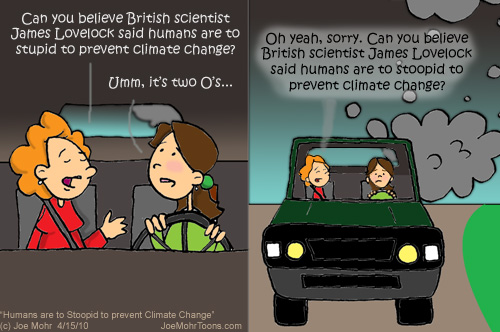SkS Weekly Digest #26
Posted on 28 November 2011 by John Hartz
SkS Highlights
The Debunking Handbook, a guide to debunking myths by John Cook and Stephan Lewandowsky, was completed with the postings of the fourth and the fifth articles of a five-part series,
The complete Handbook is now available as a free, downloadable PDF.
Toon of the Week
The Week in Review
Here's a list of aticles posted on SkS during the past week.
Coming Soon
Here's a list of articles that are in the SkS pipeline. Most, but not necessarily all, will be posted during the week.
- Economic Growth and Climate Change, Part 2 (perseus)
- Klimafakten.de - Leveraging SkepticalScience content (Baerbel W)
- Climate Solutions (Daniel Bailey)
- Changing the Direction of the Climate (Dana and AndyS)
- RW Wood and the Greenhouse Effect (Eli Rabbett)
- Matt Ridley Wraps AGW Denial Assertions into one Easily-Swallowed Package (Larry Wade)
SkS in the News
Zachary Shahan over at Planetsave referred readers to two SkS articles:
- Memo to Climategate Hacker: Poor Nations Don't Want Your Kind of Help by Dana
- Climategate 2.0: Denialists Serve Up Two-Year-Old Turkey by Rob Painting and Dana
The Climatgate 2.0 post was also re-posted on TreeHugger































 Arguments
Arguments
























 0
0  0
0






Comments